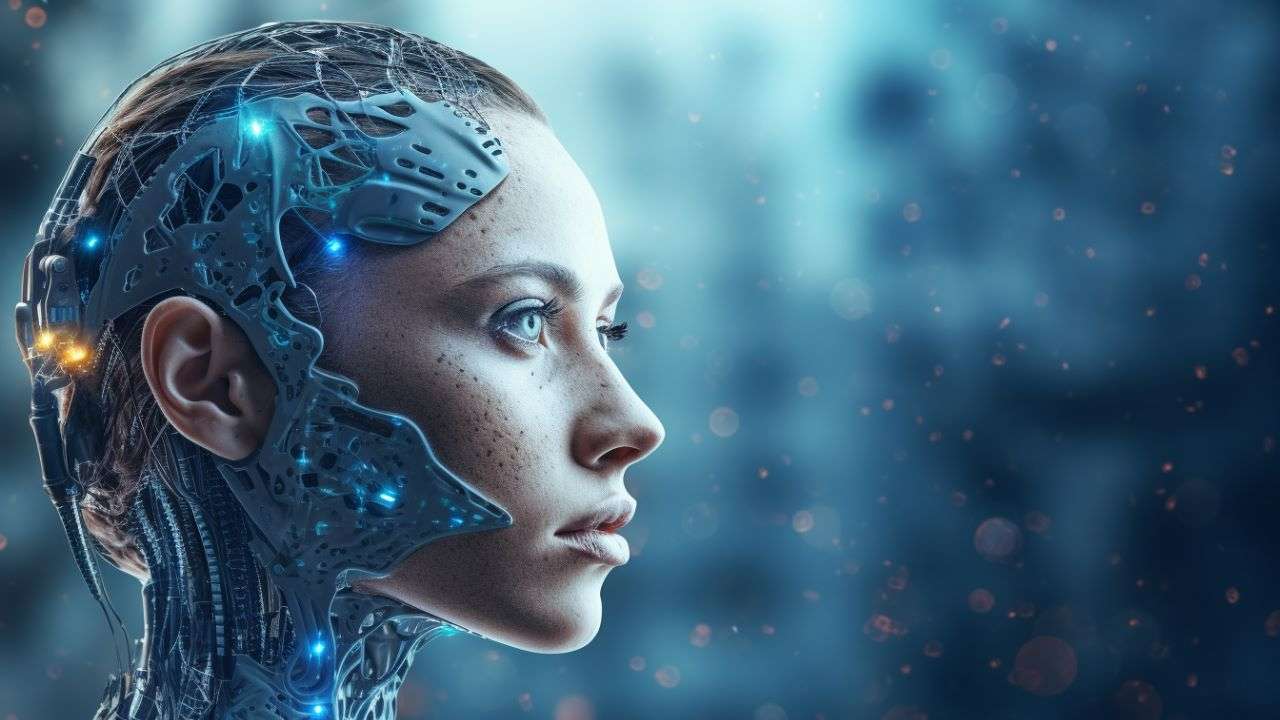
Conclusion
In conclusion, the impact of AI on humanity is not predetermined. It is shaped by the choices we make today. By embracing AI with a sense of responsibility and optimism, we can ensure that it serves as a force for good, enhancing human capabilities and improving the quality of life for people around the world. Rather than fearing AI, we should view it as a tool that, when harnessed responsibly, can help us build a brighter and more prosperous future.
As we continue to navigate the complexities of AI development, it’s essential to remain vigilant in addressing the ethical challenges that arise. By prioritizing transparency, accountability, and inclusivity, we can mitigate the risks associated with AI and ensure that it benefits all of humanity. The future of AI is in our hands, and with the right approach, we can shape it in a way that aligns with our values and aspirations.
FAQs
1. Is AI a threat to jobs? AI has the potential to automate certain tasks, which may lead to job displacement in some industries. However, it also creates new opportunities and roles, particularly in tech, AI development, and data analysis. The key is to focus on reskilling and upskilling workers to adapt to the changing job landscape.
2. How can we ensure that AI is ethical? Ensuring that AI is ethical requires establishing clear guidelines and frameworks that prioritize transparency, accountability, and inclusivity. It also involves ongoing monitoring of AI systems to identify and correct any biases or unethical practices.
3. Can AI develop independent decision-making capabilities? While AI can make decisions based on the data it is trained on, it does not possess independent consciousness or decision-making abilities. AI operates within the parameters set by its human creators and is ultimately controlled by them.
4. What are the potential risks of AI? Potential risks of AI include the perpetuation of biases, privacy concerns, and the misuse of AI in areas such as surveillance and autonomous weapons. These risks can be mitigated through careful regulation, ethical AI development practices, and public awareness.
5. How can AI benefit society? AI has the potential to benefit society in numerous ways, including improving healthcare outcomes, enhancing educational experiences, increasing efficiency in various industries, and addressing global challenges such as climate change.




